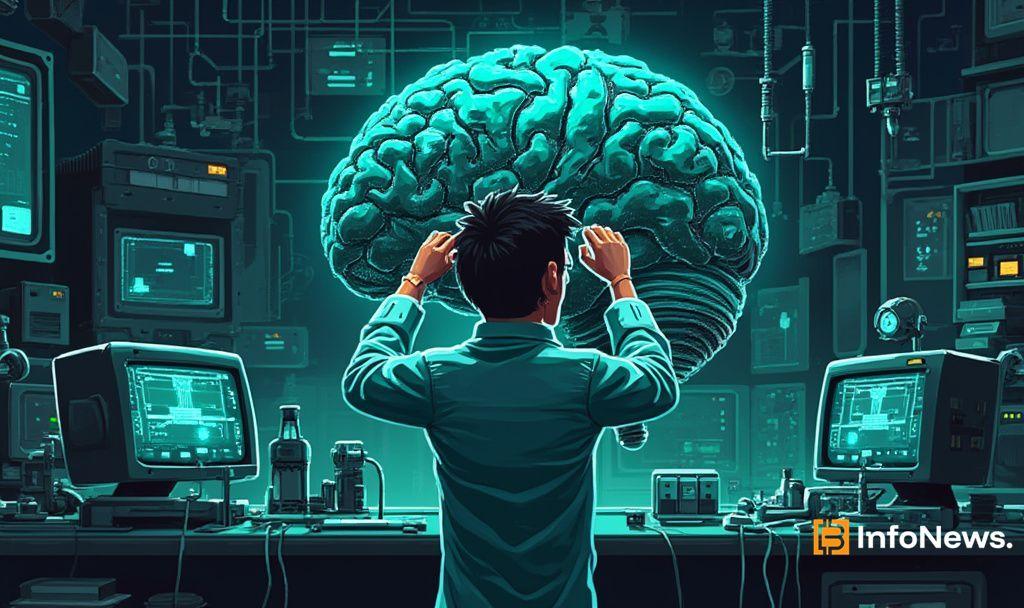Neuralink Begins Human Trials for Brain Implants
- Neuralink, led by Elon Musk, launches first human trials for brain implants.
- Trials aim to revolutionize neurotechnology in the coming years.
- Potential to impact treatments and research on neurological disorders.

Elon Musk’s Neuralink has initiated human trials in the United States for its pioneering brain implant technology.
This milestone could transform neurological treatments and invite extensive ethical discussions in the scientific community.
Neuralink Secures FDA Approval for Human Trials
Neuralink, founded by Elon Musk, has launched its first phase of human trials for brain implants. This follows successful animal trials and regulatory approval for human testing, moving closer to clinical application.
The trials involve volunteers receiving a surgical implant in their brain, aiming to restore functionality in patients with neurological disorders. The FDA granted initial approval for these groundbreaking tests.
Ethical Debates Arise Alongside Scientific Optimism
The commencement of human trials by Neuralink has resulted in a surge of interest from both the medical community and tech enthusiasts. Concerns about ethical implications have been voiced alongside optimistic scientific forecasts.
Expectations include potential business and societal shifts as successful trials could reshape medical interventions. Ethical questions focus on privacy, neuromodulation, and accessibility, affecting ongoing debates in technology regulation.
“Neuralink’s success is insane and transformative, providing a glimpse into the future of brain-machine interfaces.” — Elon Musk, Founder and CEO, Neuralink
Lessons from Cochlear Implants Guide New Innovations
Similar technological leaps have occurred in the past, notably with devices like cochlear implants. These instances underlined the importance of regulatory oversight and community engagement to address public concerns.
Based on historical data, the progress of such technology hinges on trial outcomes. Successful implementation could lead to wider acceptance and increased research funding, propelling future innovations in neurotech.



